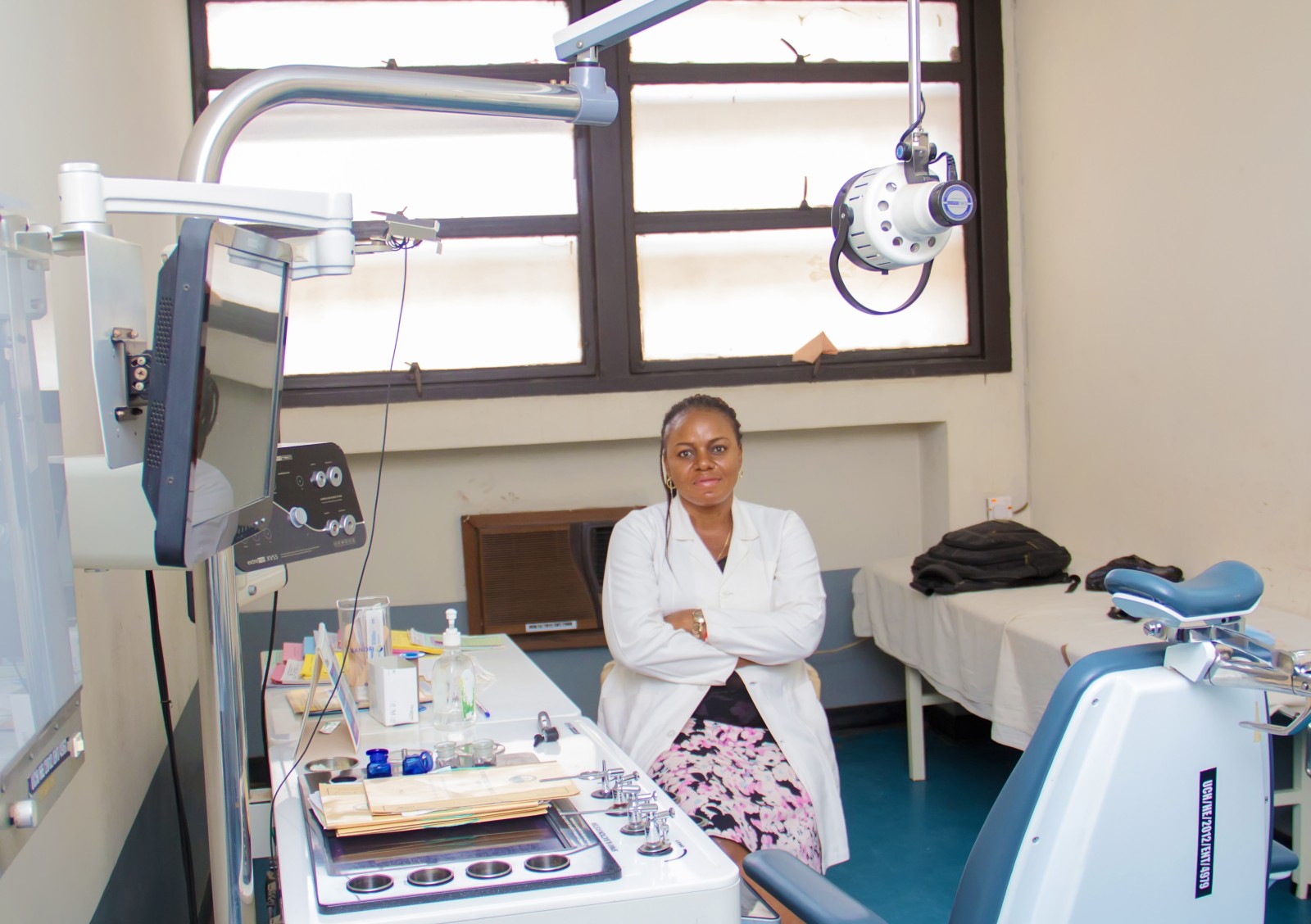Supporting researchers in LMICs to build capacity for R&D and clinical trials
Date
15 November 2022

Takeda
India, Kenya, Nigeria, Vietnam
Expansion of R&D capacity
Supporting local researchers in low- and middle-income countries (LMICs) in a variety of ways to build R&D capacity, including for clinical trials
To address local health concerns and increase capacity by empowering and supporting local researchers to adapt and repurpose existing treatments and technologies
Takeda demonstrates best practice with ReGRoW (Repurposing Grants for the Rest of the World), which provides scientists and clinicians with grants of up to USD 50,000 dollars to investigate repurposing approved therapies to treat diseases in their communities. ReGRoW aims to expand funding for clinical research in LMICs, address local health concerns and lower development costs through use of therapies known to be safe and effective. Founded in 2018 and now part of Takeda’s global health strategy, the initiative is governed and funded by its Centre for Health Equity and Patient Affairs and run in partnership with the NGO Cures Within Reach (CWR) and local research institutions.
CWR selects research proposals through a two-stage review process supported by ReGRoW’s science advisory board. Takeda then reviews and approves these, and both parties make agreements with local stakeholders, ensuring local needs are addressed. Takeda R&D employees support project teams with research training, virtual monthly meetings, mentoring, emails and phone calls. On-site visits are carried out twice a year.
ReGrow’s global reach
In 2020, ReGRoW funded three trials selected from more than 30 submissions from 12 LMICs across four continents. Trials focused on a rare paediatric liver disease in Vietnam, tuberculosis in Nigeria and snakebite envenoming in Kenya. A project team for the latter built on work from the UK’s Liverpool School of Tropical Medicine to run a Phase I clinical trial 1, which looked at repurposing unithiol (used for heavy metal poisoning) to treat bites. Previously tested only in white European men, doses were assessed in 64 Kenyan volunteers with a goal to develop a ‘snakebite pill’.
Three further trials were funded in 2021, including in India for chronic pancreatitis, and in Nigeria for both triple negative breast cancer and paediatric chronic ear infections. In 2022, ReGRoW has opened a new round of submissions. Its partner research institutions will measure outcomes, and CWR will report on outcomes for patients, clinical adoption of repurposed therapies, data presented or published in top scientific journals, securing of follow-on funding and the planning, start or completion of follow-on clinical trials.
ReGRoW demonstrates good practice, as it aligns activities with local needs in LMICs, trains local researchers and funds equipment. It also addresses gaps in clinical trial capacity and education/training and uses quantitative and qualitative assessments by multiple parties. Takeda has earmarked additional funding to support capacity building and patient care beyond the existing programme and to allow local partners to retain talent and capacity.
With its drive to repurpose existing therapies, ReGRoW is both innovative and sustainable. Other companies should look to invest in similar initiatives. When researchers in LMICs are facilitated to identify needs locally and supported to take ownership of their research and capacity, there is great potential to improve access to medicine.
References
1 L.-O. Albulescu et al. Preclinical validation of a repurposed metal chelator as an early-intervention therapeutic for hemotoxic snakebite. Science Translational Medicine. Vol. 12, May 6, 2020. doi: 10.1126/scitranslmed.aay8314.

